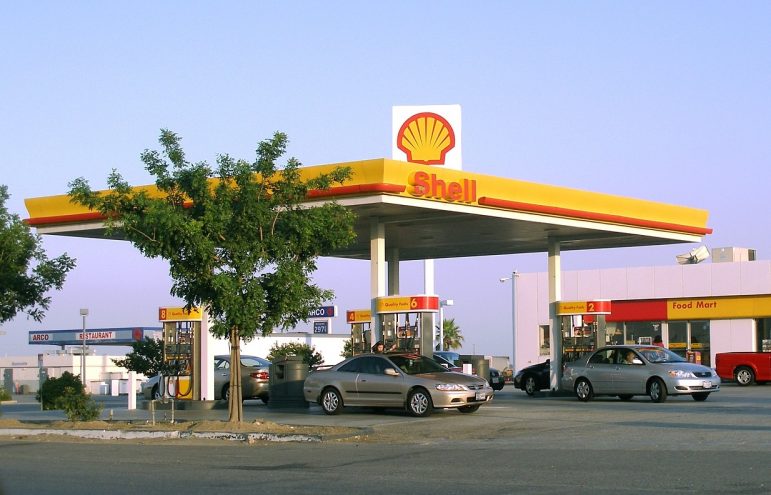The dark, rich soil in Wilcox County made cotton king decades ago, But today trees are the main commodity and hulking lumber trucks roar down county roads day and night. There’s more space on those road now because locals are driving a lot less. You can still gas up at about 3.99 a gallon. But that’s out of reach for many of the county’s 13-thousand residents. One in three people here live below the poverty line.
“You know most places that you want to go, like visit your friends or whatever, you can’t do b/c gas is sky high. Especially when you ain’t getting paid much.”
Betty Woods makes $7 an hour working at a restaurant the regulars call Chickadee. She also works part-time jobs at a grocery store and cleaning houses. All together she brings home about a thousand dollars a month. But she gets no benefits, no health insurance, and she has plenty of bills to pay.
“Trailer note be like $370 and then them light bill be sky high, shoot, $200 or something for a light bill. Shoot, you gotta do what you gotta do.”
Making do is just part of life these days for Reginald Southhall. He’s finishing a lunch of baked chicken, corn and peach cobbler – a great meal, he says, but it’s getting pricey. Like most things around Wilcox County, the cost of food has gone up. Bad news for a county where unemployment stands at nearly 14 percent – more than double the national rate.
“You gotta have gas to go back and forth to your job and you gotta have food to survive, so I think everybody just kind of scaling back on both ends of it.”
Southhall’s lucky. He’s got a job as an electrician. But high fuel prices mean just getting to work takes a huge bite out of his paycheck.
“The farthest I drove from here to work one day was like 148 miles one way to work. Commuting sometimes is a wear and tear on your body, but if you want to make better wages than the wages that are offered here you’re gonna have to travel to get them.”
“When the rest of America gets a cold we go into convulsions here.”
John Matthews is a Wilcox county commissioner. He says with few stores in the area and no public transportation, residents have no choice but to drive. And, he says, there are only a handful of gas stations in Wilcox, so prices are often higher than in neighboring counties. Matthews says high fuel prices are squeezing the county as well.
“We’re on the verge of having to make some real, real tough decisions here to stay alive here in this county.”
Matthews says they may have to put off fixing several condemned bridges and even maintaining the roads. He says they’d like to capitalize on untapped resources – a river and lake that are filled with bass and crappy. But there’s no major interstate close-by. So tourists have no easy way to get here even if they could afford the gas. And without an interstate the county isn’t likely to attract any kind of commercial investment, meaning prospects don’t look good for Wilcox County, Alabama, or the people living there.

